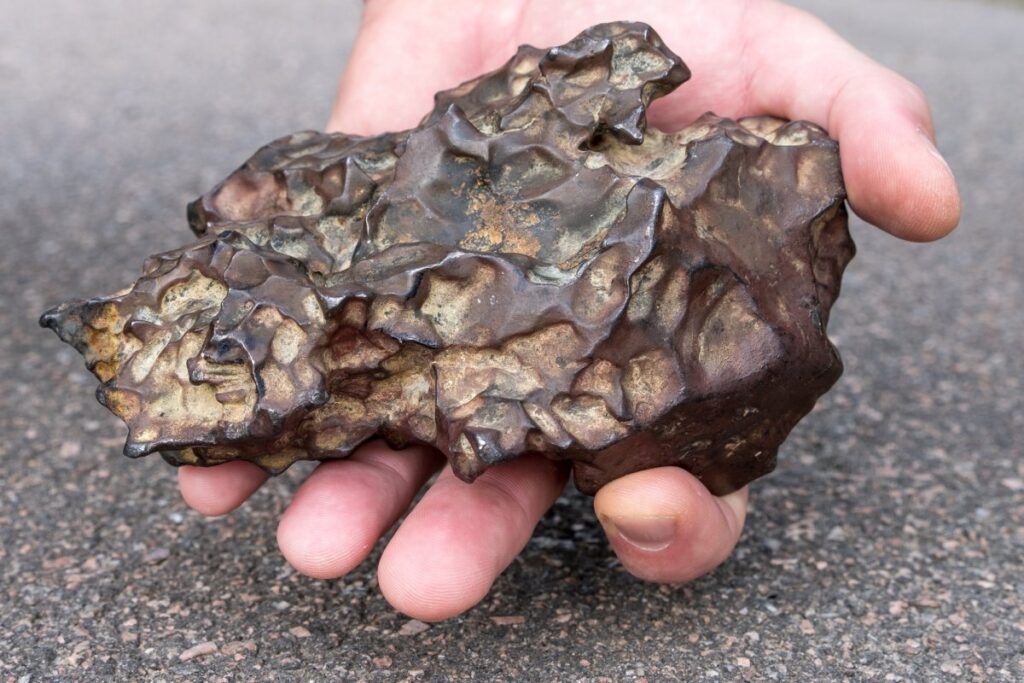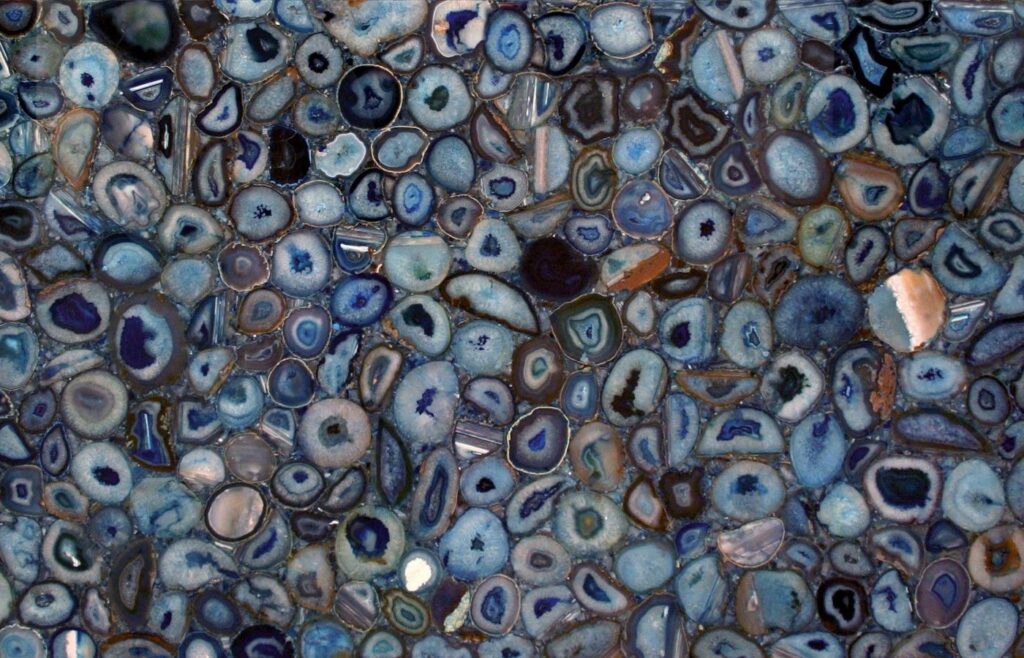Meteorites have intrigued scientists and stargazers alike for centuries, serving as tangible evidence of our universe’s vastness and complexity. But what exactly are these cosmic visitors? In this blog post, we’ll explore the meteorites meaning, delve into what meteorites are, and explain how they end up on Earth.
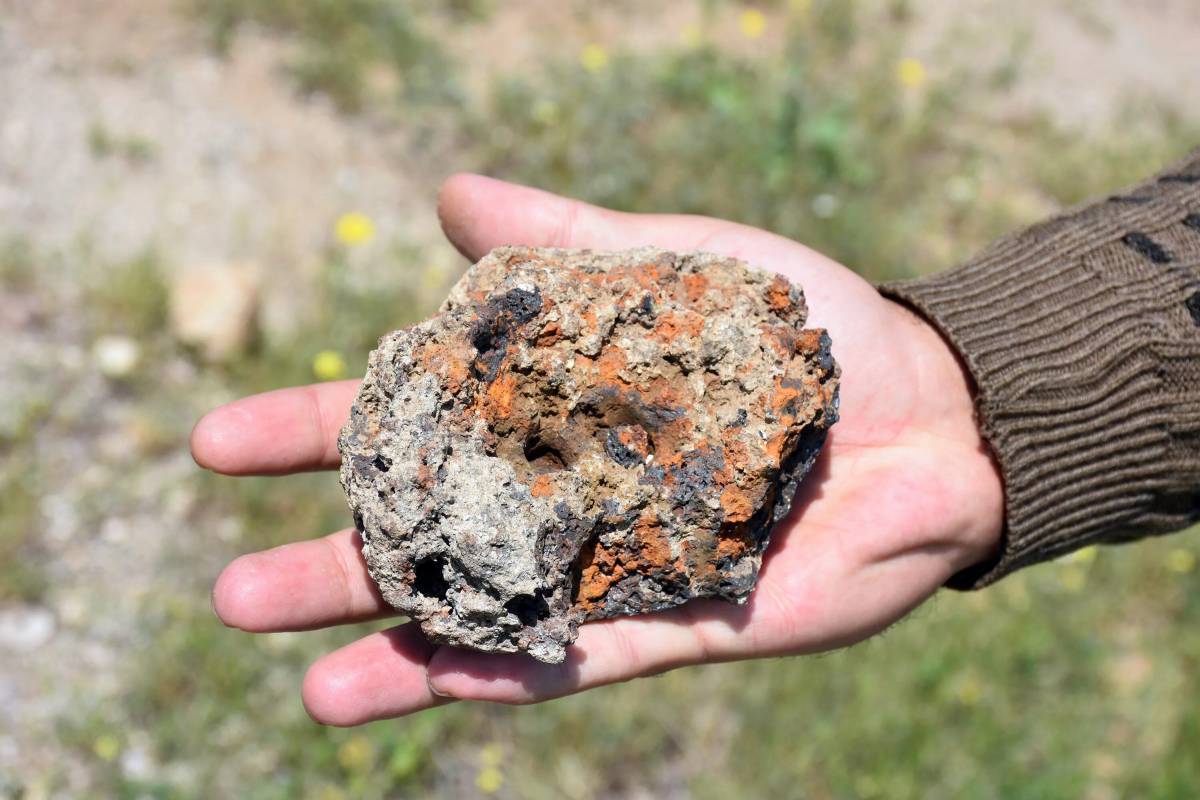
What is Meteorites?
To address the fundamental question of what is meteorites, we need to start with their origins. Meteorites for sale are solid pieces of debris that originate in outer space and survive their journey through the Earth’s atmosphere to land on the surface. They are fragments of larger bodies, such as asteroids or comets, that have broken apart due to collisions or other celestial events.
Meteorites Meaning and Classification
Understanding meteorites meaning involves knowing the different types of meteorites, as their classification reveals a lot about their origins and composition. Meteorite types are broadly classified into three categories:
- Stony Meteorites: These are the most common type and are primarily composed of silicate minerals. They are further divided into chondrites and achondrites. Chondrites contain small, round particles called chondrules, while achondrites do not.
- Iron Meteorites: Composed mainly of iron and nickel, these meteorites are believed to originate from the core of differentiated planetary bodies. Their metallic composition makes them easily recognizable.
- Stony-Iron Meteorites: These rare meteorites contain a mix of silicate minerals and metal, providing insights into the boundary between the core and mantle of their parent bodies.
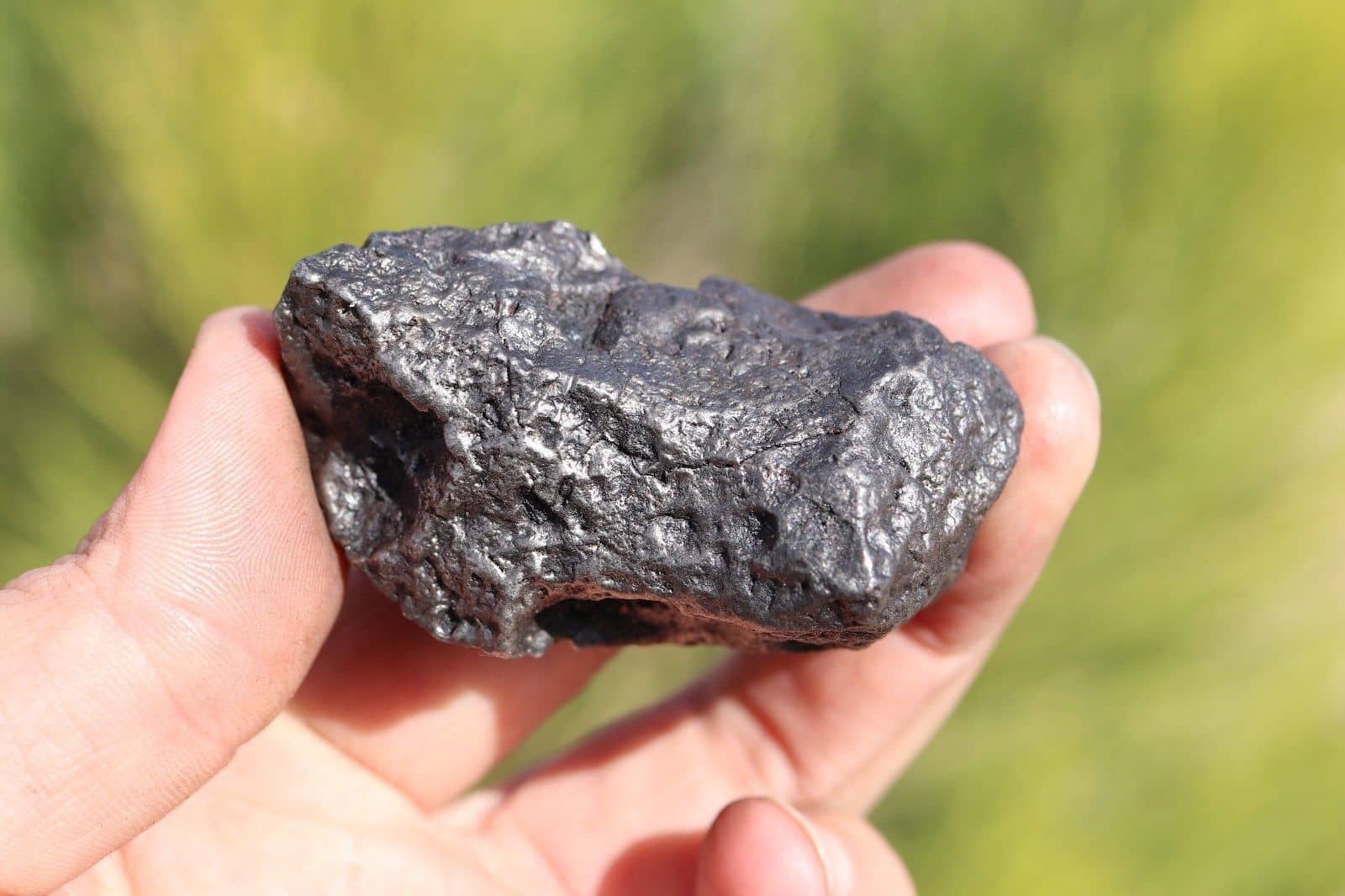
The Journey to Earth
Now that we have a better grasp of what are meteorites and their types, let’s explore how they travel from space to our planet. Meteorites start as meteoroids—small particles from comets or asteroids. When a meteoroid enters the Earth’s atmosphere, it becomes a meteor, producing a bright streak of light due to frictional heating. Most meteors burn up before reaching the surface, but those that survive and land are called meteorites.
Scientific Significance
Meteorites are of immense scientific value. They offer a unique glimpse into the early solar system’s conditions, helping researchers understand the processes that shaped our planets and other celestial bodies. Some meteorites contain pre-solar grains—particles that predate the Sun itself—providing clues about the materials that formed our solar system. Additionally, meteorites can contain amino acids and other organic compounds, sparking debates about the origins of life on Earth and the possibility of life elsewhere in the universe.
Meteorites and Human History
Throughout history, meteorites have not only fascinated scientists but also captured the imagination of cultures around the world. Many ancient civilizations regarded meteorites as sacred objects or omens from the gods. The use of iron from meteorites in tools and artifacts dates back thousands of years, with one of the earliest examples being a dagger found in King Tutankhamun’s tomb, made from meteorite iron.
Famous Meteorites
Throughout history, several famous meteorites have garnered attention due to their size, composition, or the circumstances of their discovery. For instance:
- The Hoba Meteorite: Discovered in Namibia, it is the largest known meteorite, weighing about 60 tons. Its sheer size makes it a significant landmark and a subject of study.
- The Allende Meteorite: This carbonaceous chondrite that fell in Mexico in 1969 has been crucial in studying the solar system’s formation. It is one of the most studied meteorites because of its rich content of calcium-aluminum-rich inclusions (CAIs), the oldest solid materials formed in the solar system.
- The Chelyabinsk Meteorite: This recent meteorite exploded over Russia in 2013, causing widespread damage and bringing renewed interest to the study of near-Earth objects. The event was a stark reminder of the potential hazards posed by meteoroids.
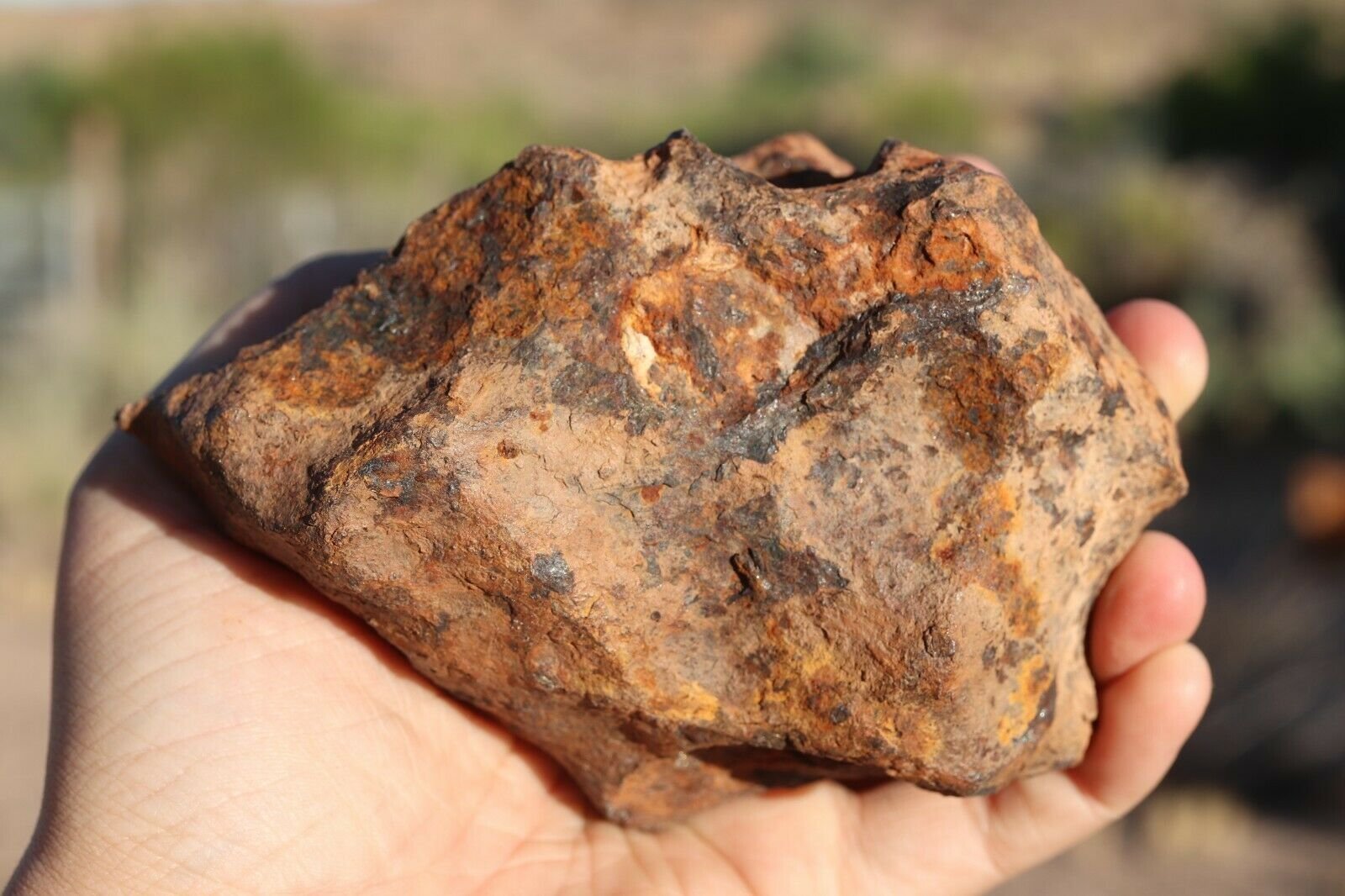
How to Identify Meteorites
For amateur astronomers and enthusiasts, identifying a meteorite composition can be an exciting challenge. Here are some tips to help determine if a rock is a meteorite:
- Magnetism: Most meteorites contain metallic iron, which makes them attract a magnet.
- Density: Meteorites are usually denser than ordinary Earth rocks.
- Fusion Crust: Freshly fallen meteorites often have a thin, dark, glassy crust formed by the melting of their surface during their fiery descent.
- Regmaglypts: These thumbprint-like indentations on the surface of meteorites are caused by ablation during atmospheric entry.
Meteorite Hunting and Preservation
Meteorite hunting has become a popular hobby, with enthusiasts scouring deserts, ice fields, and other areas where meteorites are easier to spot. The preservation of meteorites is crucial for scientific research. Once a meteorite is found, it should be handled carefully to avoid contamination. Storing meteorites in low-humidity environments helps prevent rusting, particularly for iron meteorites.
Conclusion
In summary, the quest to understand what is meteorites and their meaning takes us on a journey through space and time. Meteorites are remnants of the cosmic processes that shaped our solar system, and they continue to provide valuable insights into our place in the universe. From their fiery descent to their impact on scientific research, meteorites remain a captivating subject for anyone interested in the mysteries of space.
Whether you’re a seasoned astronomer or just beginning to explore the night sky, meteorites offer a tangible connection to the cosmos, reminding us of the ever-present wonders beyond our world. The study of meteorites not only deepens our understanding of the universe but also connects us to the ancient history of our solar system, providing a profound sense of our place in the vast expanse of space.
FAQs
What are meteorites?
Meteorites are solid pieces of debris from outer space, such as fragments of asteroids or comets, that survive their journey through the Earth’s atmosphere and land on the Earth’s surface.
What is the meaning of meteorites?
Meteorites are significant because they are remnants of larger celestial bodies and provide valuable insights into the early conditions of the solar system and the processes that shaped it.
Meta Title: What are Meteorites? Understanding Their Meaning and Significance
Meta Description: Discover what meteorites are, their meaning, types, and scientific significance. Learn how these fascinating space rocks reach Earth and their impact on our understanding of the universe.

